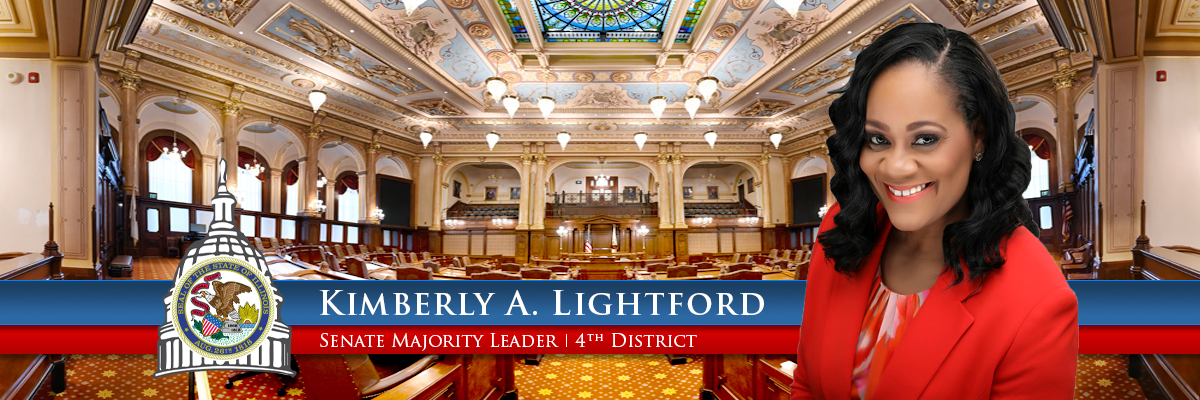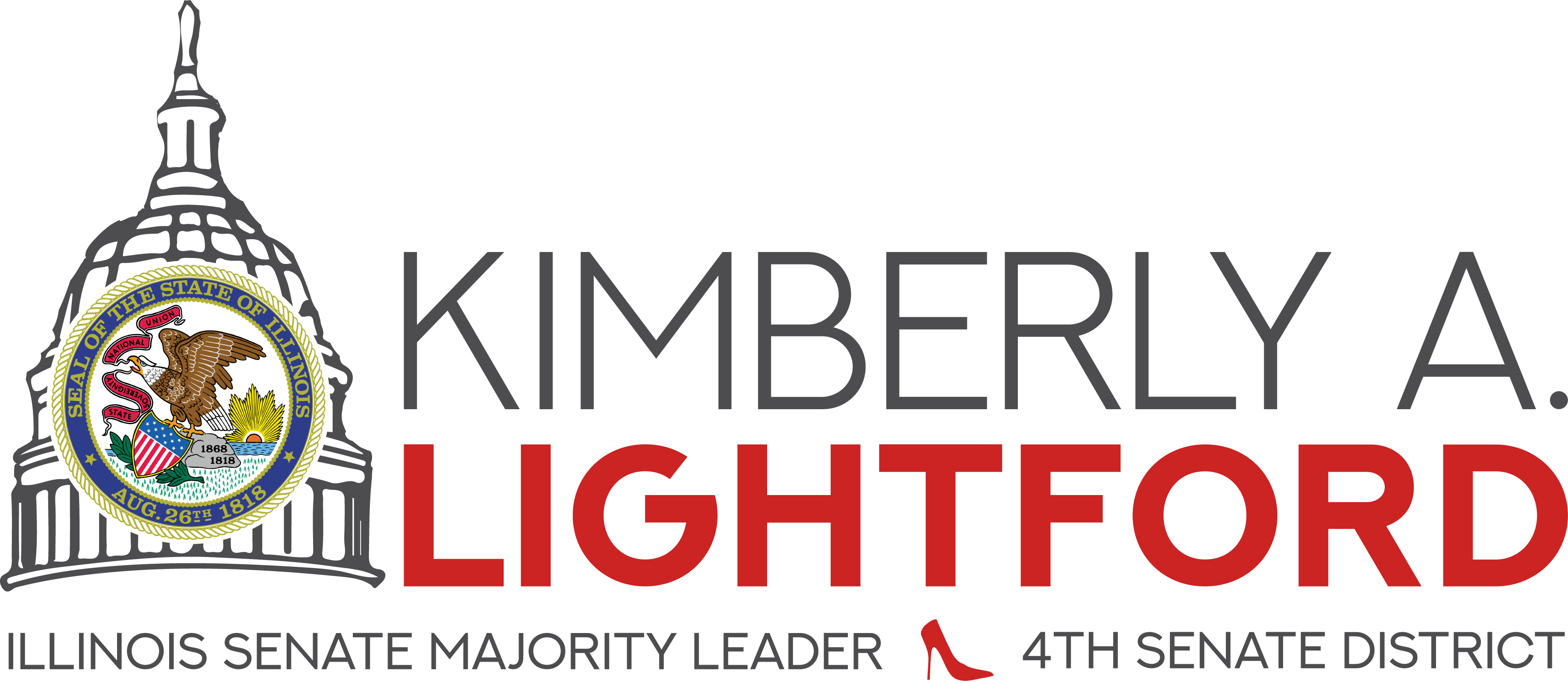 Since Jan. 1, nine states have increased their minimum wage. Today a plan to raise the minimum wage in Illinois to $9 per hour on July 1 passed the Senate. The legislation would raise the minimum wage incrementally by 50 cents a year until 2019, ultimately leading to a new minimum wage of $11 per hour.
Since Jan. 1, nine states have increased their minimum wage. Today a plan to raise the minimum wage in Illinois to $9 per hour on July 1 passed the Senate. The legislation would raise the minimum wage incrementally by 50 cents a year until 2019, ultimately leading to a new minimum wage of $11 per hour.
“We are answering to the will of the people through the passage of this legislation,” said Assistant Majority Leader Kimberly A. Lightford (D-Maywood), the sponsor of the newly passed legislation and a strong supporter of raising the minimum wage. “The minimum wage should be a living wage. If you work full-time, you shouldn’t have to rely on government support to put food on your family’s table or a roof over your head.”
Illinois’ current minimum wage is $8.25 per hour. A single parent working a full-time minimum wage job qualifies for Food Stamps, Medicaid and often housing assistance. In addition, many minimum-wage workers are forced to work several part-time jobs to make ends meet.
On Wednesday, Gov. Bruce Rauner proposed raising Illinois’ minimum wage to $10 over the next seven years. Lightford says that’s not good enough.
“Illinois families are struggling now. They can’t afford Gov. Rauner’s baby-step plan,” Lightford said. “I understand that some small businesses are struggling, too, which is why my plan does have a reasonable phase-in process.”
The legislation also institutes a tax credit for businesses with fewer than 50 employees that gives them three years to adjust to the higher wage.
“When you take the cost of living into account, 50 years ago, the minimum wage was worth a lot more, allowing workers to earn a living wage that kept their families financially independent and functioning as part of the Illinois economy,” said Sen. Lightford.
Adjusting for inflation since the minimum wage was instituted in 1968 at $1.60 per hour, the wage today should stand at more than $10 per hour. Raising the minimum wage to $11 per hour would increase annual wages to $22,880 per in 2019. Though it would still be a struggle, this wage would lift many families out of poverty and end their reliance on state and federal aid.
The legislation, Senate Bill 11 now goes to the House for consideration.
Sen. Lightford talks about the minimum wage increase:







